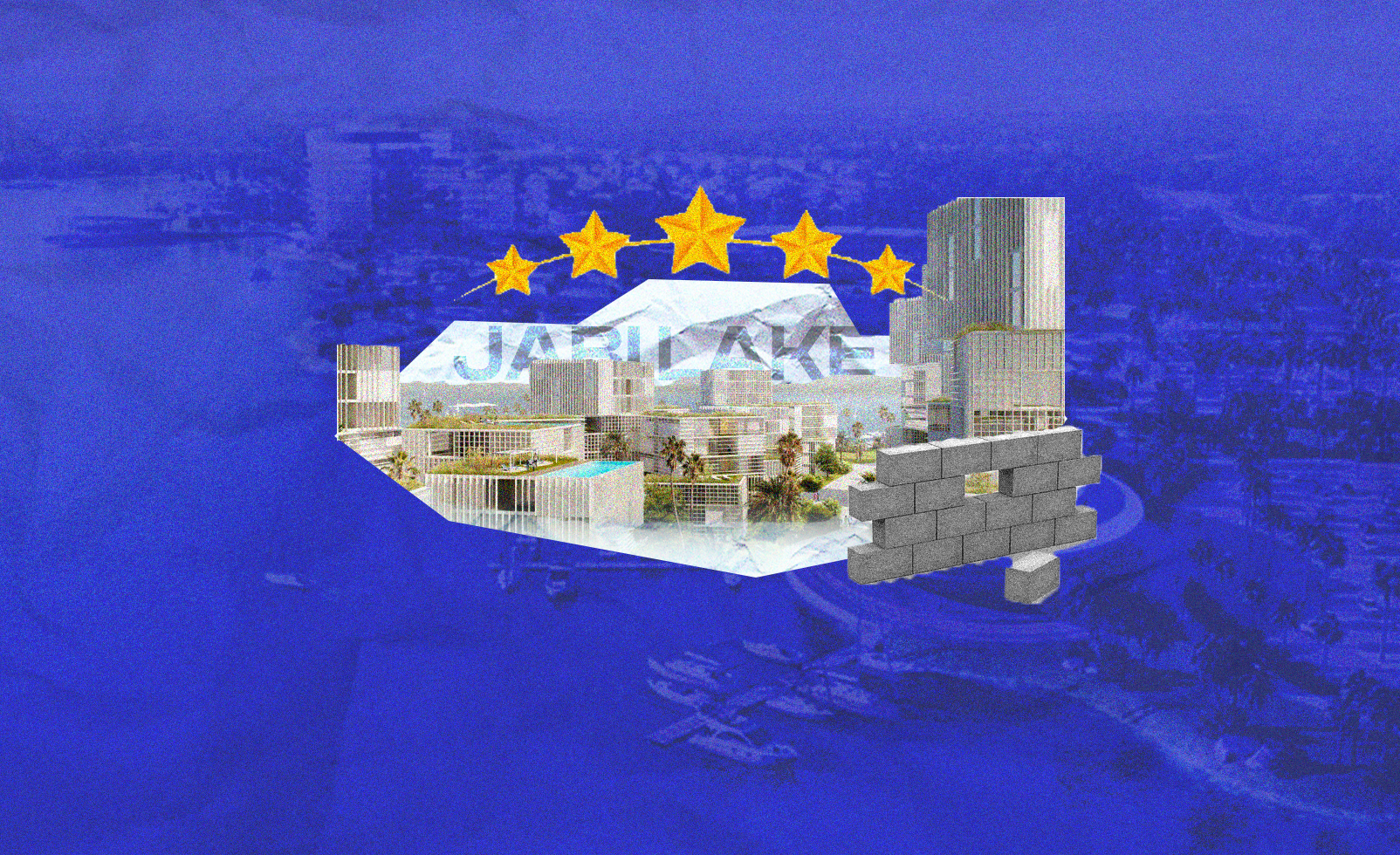The next frontiers of growth in African real estate: ESG, 6G and alternative asset classes!
Tilda Mwai . 1 year ago

Share this post
Subscribe to our newsletter
Article Summary: This is the second instalment of our interview with Kevin Teeroovengadum on the next frontiers of growth for the real estate market across Africa. You can view the first instalment here. ESG has been seen as the next growth frontier for commercial real estate globally. As such the tools for measuring impact are constantly…
This is the second instalment of our interview with Kevin Teeroovengadum on the next frontiers of growth for the real estate market across Africa. You can view the first instalment here.
ESG has been seen as the next growth frontier for commercial real estate globally. As such the tools for measuring impact are constantly evolving. How should the African market reposition in terms of ensuring they adopt suitable measures and not play catch up?
I think we need to define our own ESG agenda in Africa and should not just copy and paste what’s being done in Europe or elsewhere. Let’s rather get our best brains in the real estate sector and also in the ESG sector and let’s come up with what we should do. Let’s Africanise our ESG agenda. We have our own issues to deal with which are totally different from Europe or the USA or Asia. Let’s come up with our own action plan and ensure we can deliver within an acceptable time-frame.
I see too many corporations in Africa going for Net-Zero initiatives. But then, we also need to be practical about the state of our continent where we cannot compare a continent where the average GDP per capita is US$2000 vs other countries in the world that had 200 years to develop and where their GDP per capita are 20 times more than ours. So let’s be practical about our own ESG agenda.
The past 3 years have seen the rise of ‘alternative’ sectors across Africa. Data centers, student housing are now seeing increased institutional investments. Against this backdrop, in your opinion, which hot sectors are at the greatest risk of oversupply
You see this is where I see investors and developers getting into new asset classes without proper data analysis. Let’s take data centers. It seems to be on everyone’s agenda, the same way Grade A offices and retail centres were on the agenda of others 10 years ago. However, I think this time round, despite the fact that there are lots of talks about student accommodation and data centres, we haven’t seen an oversupply, because of limited equity capital available generally for the African real estate sector and the reality of expensive debt from a limited pool of banks.
Having said that, let’s take student housing. We all know in key markets such as Nairobi, Lagos, Abidjan, Senegal, etc, there are growing numbers of students locally and regionally as these cities are hubs in their respective regions. But then, the question I have is what will be the future of student accommodation with education being done in the Metaverse. I understand if we look at student accommodation in developed countries such as the UK, or USA we have seen great developments from 30 years ago. But today, the world is different and tomorrow even far more different. With the advent of 6G by the end of this decade, holograms will become a reality. And therefore teaching mode will be very different to the one we know of today where we will move from a physical mode to a virtual mode. This will have an impact on student accommodation.
The future of the office still continues to be a conversion starter 2 years after the pandemic. In your opinion what are the biggest challenges and opportunities facing the office market across African markets today?
I see great opportunities in flex offices for both Grade A and B. With the hybrid of WFH(Work From Home), Work From Anywhere (WFA) and WFO(Work From Office) becoming a reality, gone are the days where you need massive office space. We can see this happening internationally where remote work wiped US$450billion (the size of Nigeria’s GDP) off office real estate!
We in Africa should pre-empt so that we don’t create an oversupply of offices. Again, I will stress on the advent of 6G very soon that will radically change the way we work. Therefore, we should ensure we take this into account so that we prepare ourselves for the next generation of office buildings. This is the same way when 20 years ago, Africa jumped straight to mobile telephony without having had to roll out landline telephony the way developed countries did it decades prior. We need to be smart to adapt to what will be the requirement of the future and not the past.
Are there markets you are particularly watching closely?
Given what’s happening internationally, I am watching a number of markets such as Kenya, Tanzania, Uganda, DRC, Zambia and also the French speaking West African countries. During this era of global geo-politics, we will see Africa being courted more aggressively for its resources. We are seeing it already. Now it’s up to us to make the most out of this period and eventually ensure we can build the infrastructure and real estate development that are required to support the economic growth and more importantly uplifting people from poverty. Real estate investment will have a lot to offer, and the winners will be those who can predict what the changes in the future will lead to in the real estate sector. Again, I will end this interview with a tip. 6G and impact on real estate of the future!
We love your feedback! Let us know your key takeaways from this interview by sending us an email at insights@estateintel.com.
Related News
You will find these interesting

Bisi Adedun . October 2023
Jabi is an area located within the phase 2 vicinity of the Abuja Municipality, known for housing the iconic Jabi Lake. I...
abuja
Jabi Lake

Tilda Mwai . August 2023
africa
Africa real estate outlook

Deborah Jesusegun . June 2023
African
building